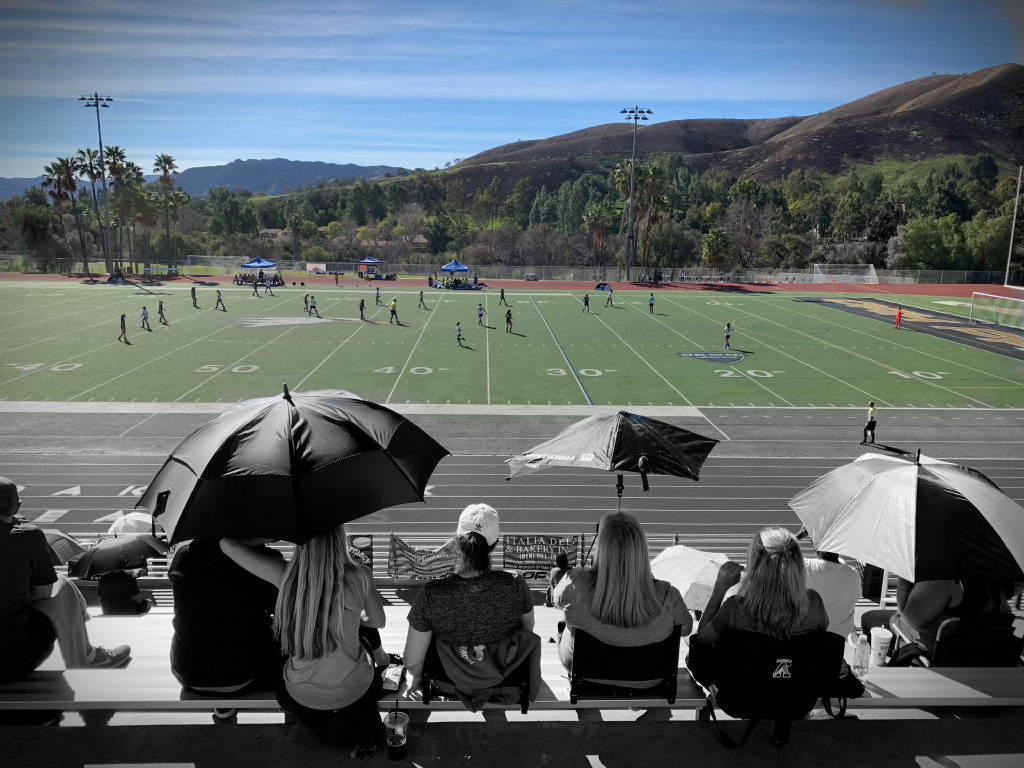One Bad Habit Most Sports Parents Are Guilty Of…
One Bad Habit, Most Sports Parents, Are Guilty Of. Do you often tell your child they need to focus, or have more discipline, or work on the little things in their own time – like you did? That they should be better leaders, better teammates, and better listeners on the field or court? Thinking that when you were their age, you were already doing x,y, and z…?
STOP Comparing Your Child To Your Former Athletic Self – (Your memory isn’t that great)
You may be doing it consciously or subconsciously, but I bet you are consistently comparing your child to the memory you have of yourself as an athlete and not the reality of who you were as an athlete at their age.
Well, YOU NEED TO STOP.
How to be a levelheaded sports parent
What we remember about our sports, or most things from our childhood, is often not the correct age range or development range that we think we remember or are even close to it. In fact, most of our memories are more a reflection of where we are today, mixed in with a jumble of feelings and emotions, and experiences from our entire lives. So, what you think your child should be doing at 10 is probably way off from the reality of what YOU were doing at 10.
Dr. Daniela Schiller, a neuroscientist at the Mount Sinai School of Medicine, has made the study of memories her life’s work. Schiller says, “Memory is what you are now. Not in pictures, not in recordings. Your memory is who you are now.” Schiller believes that memory isn’t like a file in our brain but more like a story that is edited every time we tell it. To each re-telling, there are attached emotional details. So, when the story is altered, feelings are also reshaped.
Today’s athletes are already under immense pressure. It’s probably not very helpful to pile it on by adding in your own, often false, comparisons of your childhood athletic memories.
Julia Shaw, the author of, The Memory Illusion: Remembering, Forgetting, and the Science of False Memory, says, “Every memory you have ever had is chock-full of errors. I would even go as far as saying that memory is largely an illusion. This is because our perception of the world is deeply imperfect, our brains only bother to remember a tiny piece of what we actually experience, and every time we remember something, we have the potential to change the memory we are accessing.”
We expect our 9-year-old to be a leader, and we get upset with him when he isn’t. We hold him to this standard because we believe at 9 years old, we had this nailed down, so we have the same expectations of him or her. We think our 12-year-old selves can read and react to changes in defensive schemes, so we get upset that our 12-year-old soccer player can’t. Or falsely remember that we were ‘going for runs all the time’ of our own volition.
Learning how to stop doing this can really have a positive effect on how you parent your athlete and the dreaded car ride home. So what can we do to change the behavior moving forward?
#1 – Be aware you’re doing it. Since you’ve read this post, you have accomplished that. This alone will stop you in your tracks and patterns of expecting too much too soon from your athlete.
#2 – Meet your child where they are at. Just because we expect, or want them to be able to do certain things, doesn’t mean they can. And trying to force them or shame them, or getting frustrated with them will only crush their confidence and push them away from sports.
So just remember, you might recall being extremely dedicated and focused and would have never missed a game for a birthday party or that you appreciated getting feedback from your parents, but chances are, you really didn’t, or at least not at 10 or 11 years old.
